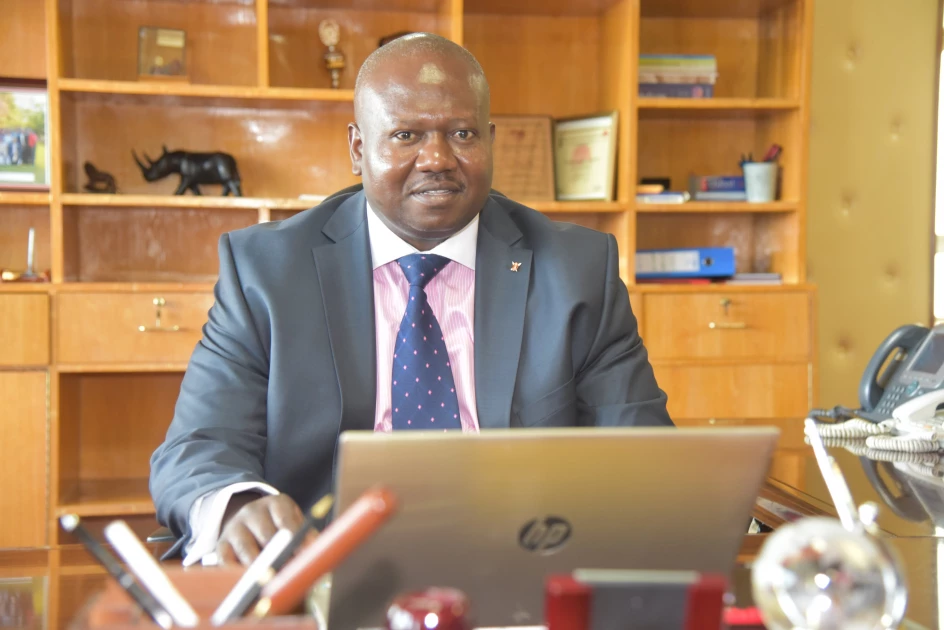Nacada claps back at Bien over alcohol Ad ban

Bien termed the measures as censorship and a threat to the creative and advertising industries, especially for young people.
The National Authority for the Campaign Against Alcohol and Drug Abuse (Nacada) has responded strongly to criticism from musician and influencer Bien-Aime Baraza, who questioned the agency's new measures aimed at curbing alcohol and drug abuse among youth.
Bien had taken to Instagram to voice his concern over Nacada’s move to raise the legal drinking age from 18 to 21 and ban online alcohol sales and celebrity endorsements.
He termed the measures as censorship and a threat to the creative and advertising industries, especially for young people.
“Nacada now proposes banning alcohol advertising, online sales and wants to change the legal drinking age to 21. The government recently banned advertising of betting. These bans affect the creative and advertising industries heavily,” Bien said on Monday.
He accused the government of hypocrisy, adding, “What is this fake morality? Pretending to care about the very youth they're killing. Are we the first country to have these vices? Then we wonder why unemployment is so rampant!”
In response, Nacada acknowledged Bien's concerns and thanked him for using his platform to raise issues affecting the youth.
However, the agency clarified that the policy is not about censorship or morality, but about protecting public health and addressing a growing crisis.
“Kenya is facing a real crisis; alcohol is the most abused substance, with first exposure starting as early as 13 years old, not cool, is it? Youth are the primary targets of online, influencer-led alcohol marketing, and this is a fact, right? The burden of addiction is costing families, schools, and our healthcare system dearly, which is again an indisputable fact!” Nacada stated.
The Authority said the intention is not to stifle creativity, but to regulate content that makes harmful substances appear glamorous, especially to minors.
“Just like countries regulate tobacco and prescription drug advertisements, alcohol isn’t just another product. It has consequences, and with visibility comes responsibility,” the agency said.
Nacada also said they recognise the challenge of unemployment among youth, which is why they are working with counties and other partners to create opportunities such as treatment support roles, peer mentorship, prevention programs, and youth-led media initiatives.
They emphasized that the new policy is not an attack on artists, marketers, or creatives, but a collective effort to create a safe environment where talent and youth wellbeing can coexist.
Among the key policy reforms is the complete ban on all online alcohol sales, including through apps and vending machines. Home delivery of alcohol, which Nacada says makes it easy for minors to access alcohol, will also be outlawed.
“The online space has become a loophole. Teenagers are ordering alcohol from their phones and getting it delivered to their homes. This must stop,” the agency said.
Other measures include banning alcohol outlets near schools, churches, and residential areas.
Alcohol adverts will also be barred during children’s programmes, school functions, and national holidays. Celebrities and influencers will no longer be allowed to promote or advertise alcohol brands.
Nacada concluded by saying it is open to dialogue and welcomes conversations with all stakeholders to create policies that balance public health and economic realities.
